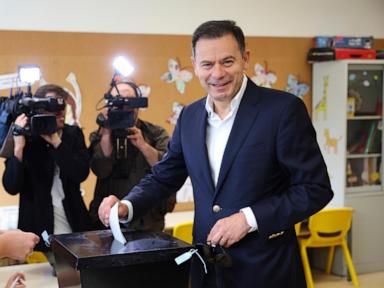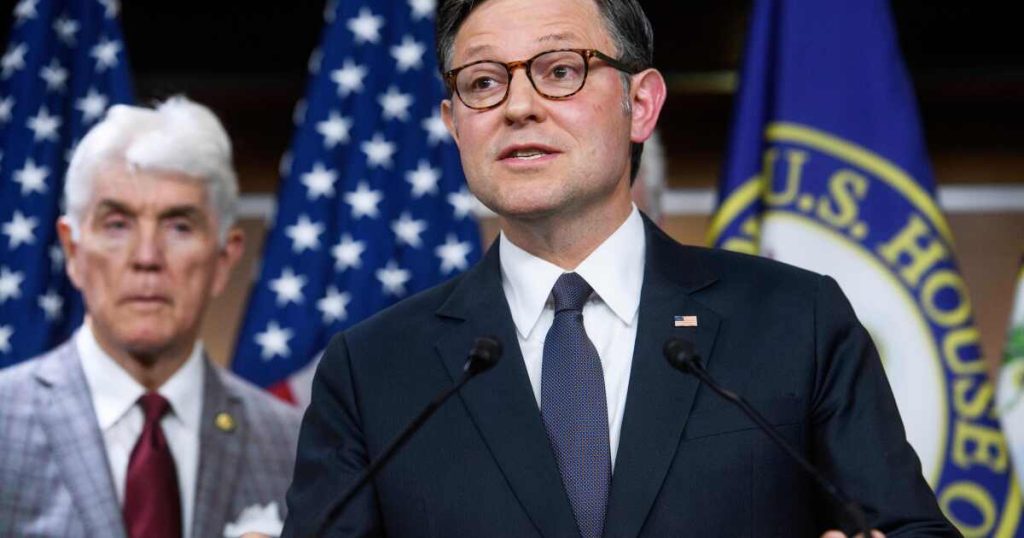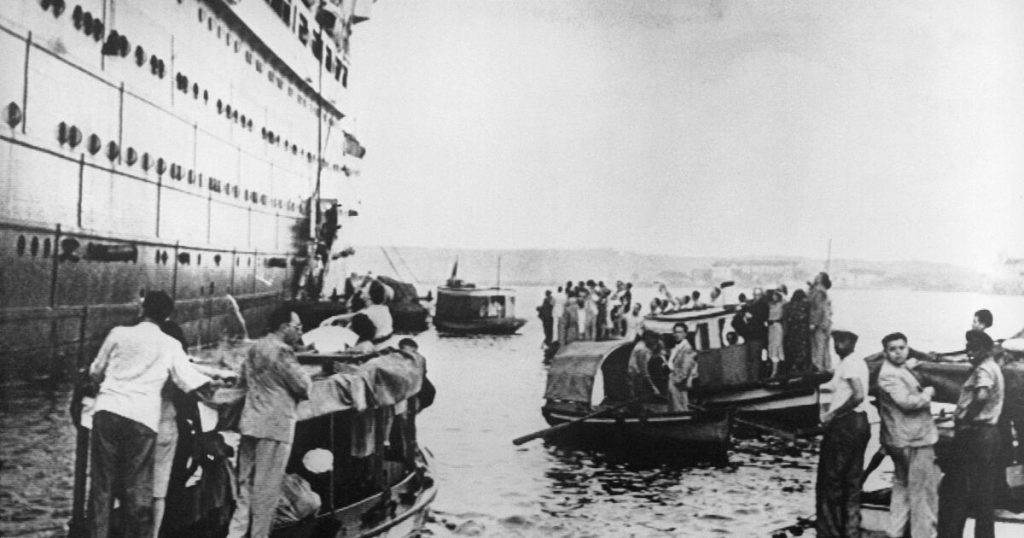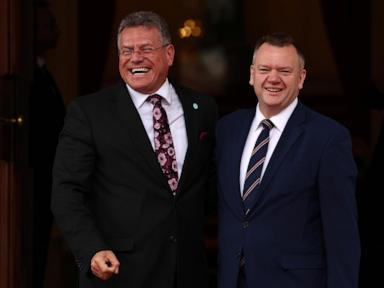Now Reading: Portugal’s election brings another minority government and a far-right rise
-
01
Portugal’s election brings another minority government and a far-right rise
Portugal’s election brings another minority government and a far-right rise

LISBON, Portugal — Portugal’s president scheduled meetings with the country’s political parties on Monday following a recent general election that resulted in another minority government and a significant showing by the populist party Chega, which has added to the growing trend of far-right movements in Europe.
The center-right Democratic Alliance, led by the Social Democratic Party, won 89 seats in the 230-seat National Assembly in Sunday’s election. Despite this victory, they do not have a parliamentary majority, making them susceptible to opposition parties who ousted them in a confidence vote just two months ago after less than a year in power.
Portugal’s third general election in three years offers little optimism for resolving the country’s worst political instability in decades. The leader of the Democratic Alliance, Luis Montenegro, urged opposition parties to allow him to serve a full four-year term, emphasizing the importance of prioritizing the national interest.
Portuguese President Marcelo Rebelo de Sousa, who lacks executive authority, is discussing with parties before inviting the election winner to form a government, adhering to the constitution.
Chega’s strong performance has disrupted the traditional power dynamics, aligning with the trend seen in other European countries like France, Italy, and Germany, where far-right parties have gained prominence. Chega, led by Andre Ventura, advocates for nationalist policies and has focused on immigration control and anti-corruption measures.
The election results indicate a shift away from the traditional two-party system in Portugal, with Chega securing the same number of seats as the center-left Socialist Party. The party’s rise can be attributed to growing dissatisfaction with mainstream politics and its emphasis on change.
While some voters express disappointment with Chega’s success, others believe the country is in need of a new direction. The Socialists are currently without a leader after their poor electoral performance, with Pedro Nuno Santos stepping down.
The Democratic Alliance, which includes the Popular Party, faced a confidence vote earlier this year due to allegations of conflicts of interest involving Prime Minister Luís Montenegro’s family law firm. The resulting early election highlighted ongoing concerns about corruption in Portuguese politics.
Chega’s popularity, fueled by its tough stance on immigration, has resonated with voters amid a significant increase in foreign residents in Portugal, particularly in the tourism and agricultural sectors. The party’s success also reflects broader issues such as a housing crisis and economic disparities in the country.






